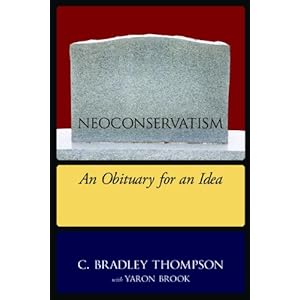"My teacher says the recession is the banks' fault."
"And my teacher says it's `cause we care too much about buying stuff, and it might not be so bad if we stopped."
"And my teacher says it's `cause we care too much about buying stuff, and it might not be so bad if we stopped."
This book warns that liberal Progressive confusions are frequently fostered by the public education system - counter to basic, useful education - counter to American constitutional principles - counter to common sense economics.
Instead of developing thinking skills, teachers often provide opinions. Education should prepare children for self-responsibility, not dependency.
Explains common economic terms and issues. References historical figures and current personalities influencing economic-political issues. Explores the difficulties of explaining capitalism to kids and preparing them for the defense of political rights.
Illustrates the fallacy of environmentalism's theme "that we are always running out of stuff," by noting that the "Stone Age didn't end because we ran out of stones."
Demonstrates that ten-year-olds are "natural Progressives" - not responsible for producing or earning their food, shelter, etc., and accepting lives controlled by authorities.
Progressivism "depends on treating adults like kids. Because kids love regulation." Rules according to subjective opinions - with no thought of unintended consequences.
The "hallmark of Progressivism . . . defining true efficiency not as the most goods and services at the lowest cost but as a socially desirable amount." Produced and redistributed "somehow" according to elite understanding of what is good for society and the environment.
Illustrates how progressives tend to substitute emotionalism for reasoning in political issues, fostering force over cooperation and individual rights.
Even mentions Willie Wonka and Ayn Rand characters as exemplifying the "virtues of free-market capitalism."
Kernen falls short at times in defending individual rights, having some common Christian-Conservative views, rather than being a full defender of individualism. However, a very useful, often insightful book.







 If you scroll all the way to the bottom of the Ayn Rand Institute’s long home page, you will see a link to a staged video interview with Yaron Brook, with a portion talking about the movie.
If you scroll all the way to the bottom of the Ayn Rand Institute’s long home page, you will see a link to a staged video interview with Yaron Brook, with a portion talking about the movie.